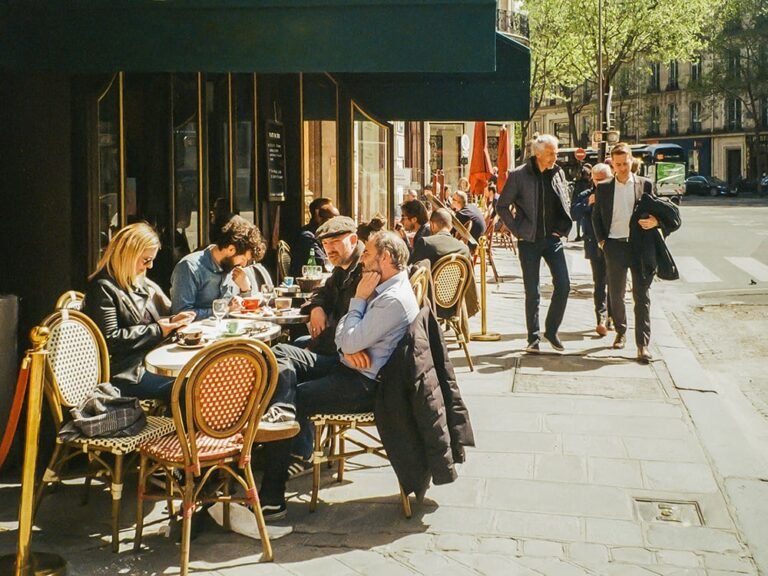lâcher la proie pour l’ombre
“Lâcher la proie pour l’ombre” is a French idiom that literally means “to let go of the prey for the shadow.” It comes from a fable by the Ancient Greek author Aesop, which was then elaborated upon by the French writer of fables Jean de la Fontaine. In de la Fontaine’s version, a dog sees a reflection of his prey in the water and mistakes it for the prey itself. He leaps into the water and barely escapes drowning, ending up with neither prey nor reflection. It is a parable for those who are not content with what they already have, seeking something they believe to be better, but without finding success.
Aesop wrote his fables sometime between 620BC and 564BC, so well over 2500 years ago.
Related English sayings include “to pass up a sure thing,” “a bird in the hand is worth two in the bush,” “to chase after rainbows” and “to get lost in the weeds.”






